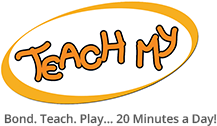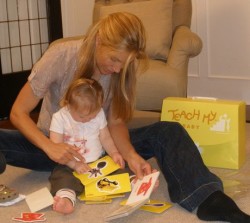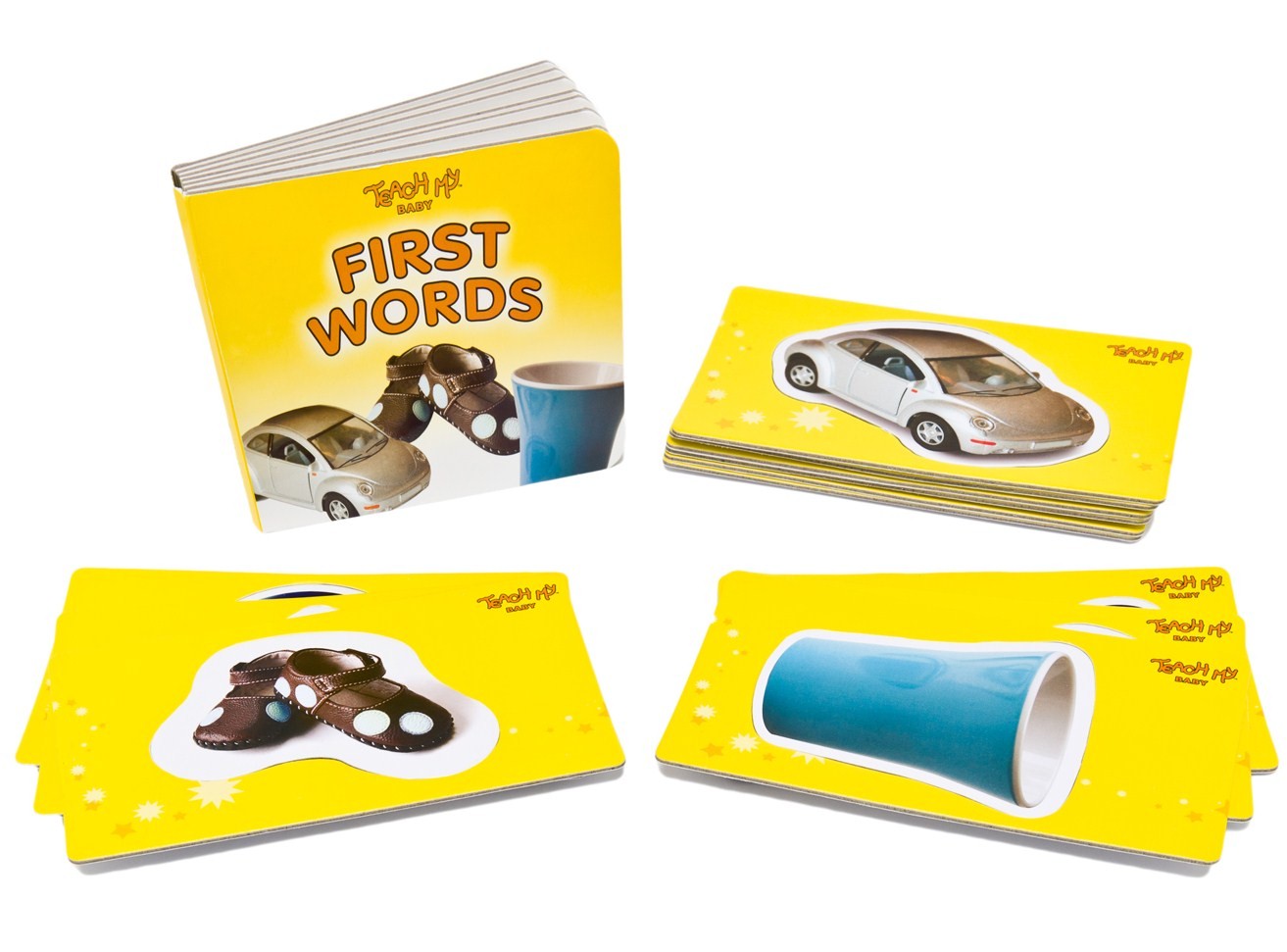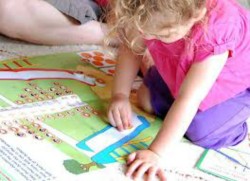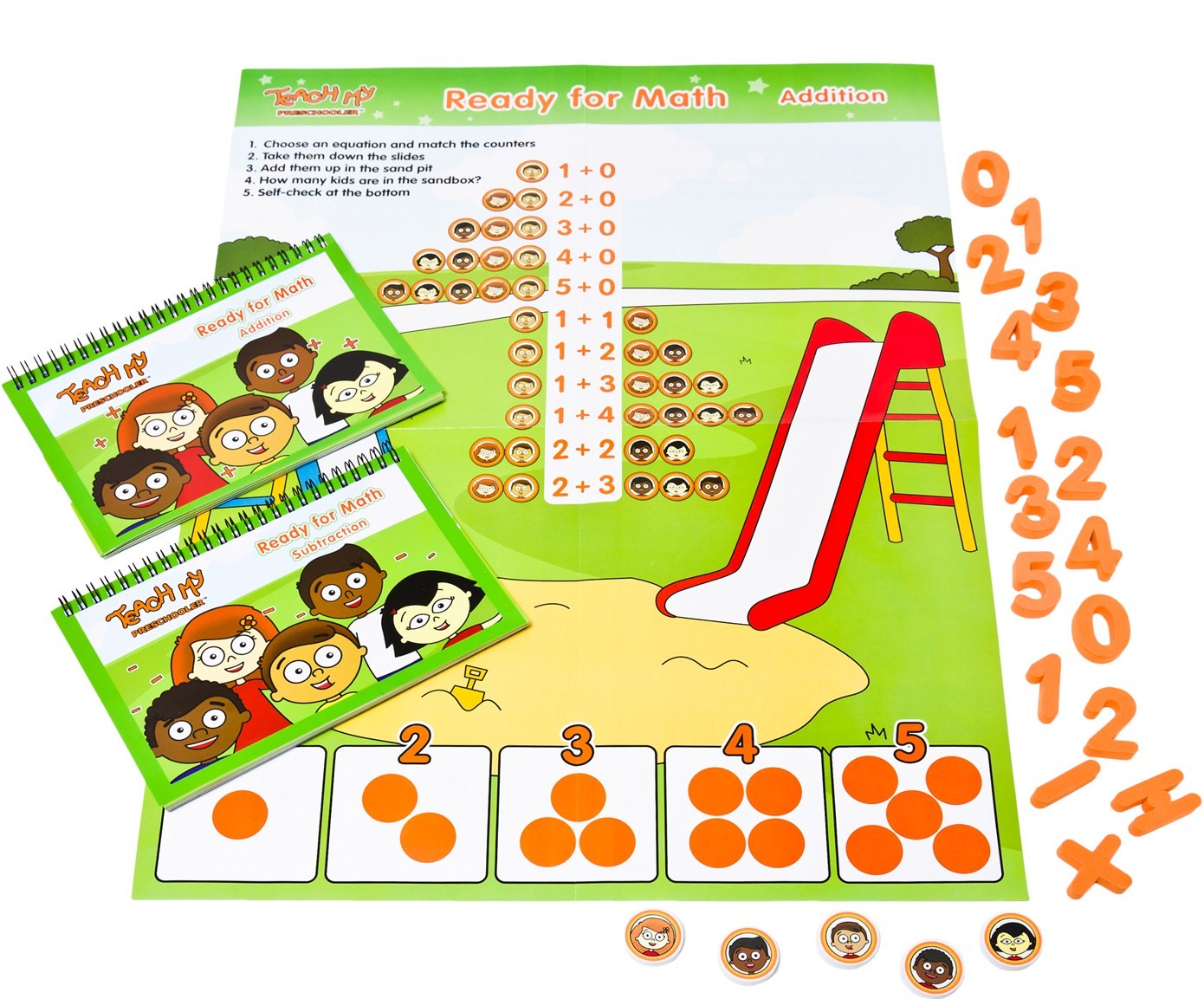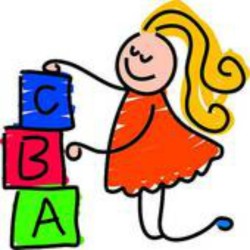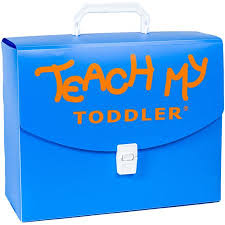Baby’s First Words
When will your baby’s cooing turn into your baby’s first words? Around 8 months, your baby will start to imitate sounds and you may experience your baby’s first words! According to Parenting Magazine, by 11 to 14 months, your baby’s tongue and lips will gain dexterity and the brain starts to match up objects with names. The first dozen words will refer to you and other favorite people, favorite toys or other objects, and favorite foods. Your baby’s first words will consist almost entirely of common nouns and proper nouns: ‘Mama’, ‘Dada’, ‘sock’, ‘shoe’, ‘ball’, ‘spoon’, ‘cup’ or ‘car’
Interestingly, Livescience says the reason your baby’s first words are usually ‘mama’ or ‘dada’ is because their brain responds better to words with repeating syllables. Keep this in mind when encouraging your baby’s first words!
Here are 5 easy tips to encourage your baby’s first words
- Read Together: Reading is important for so many reasons. Not only will it create a life- long love of books but it will allow your baby to watch your mouth movements and encourage vocabulary.
- Talk a Lot: Providing a running commentary while performing daily activities such as dressing, bathing, feeding is essential for building first words.
- Animal Sounds: The cow says “moo” and the dog says “woof”! When you make animal sounds, encourage your baby to watch your mouth closely as you make the sound. Your baby will eventually mimic and imitate your mouth’s movements.
- Sing: Babies love music and especially songs with rhyming and silly noises. Singing will introduce a broad range of sounds for your baby to imitate.
- Name Everything: Be sure that everything you pick up is named. “Here is your spoon” ”Let’s put on your socks” Naming items will build vocabulary and encourage your baby’s first words.
Teach My Baby First Words introduces your baby to the most common first twelve words in the English language. Just 10-20 minutes a day with the award winning Teach My Baby tools and your baby can master their first words! Use the coordinated book and one-piece puzzles together to encourage repetition, interaction and fun, educational play. The set has everything you need to give your baby’s literacy skills a head start!
